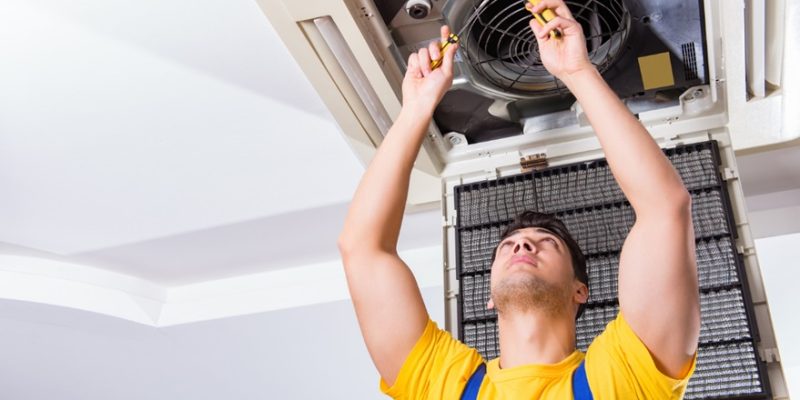Air conditioning systems rely on refrigerant to absorb and release heat, which makes refrigerant leaks a major concern for homeowners and businesses alike. When a leak occurs, the system can no longer cool effectively and may even sustain damage if left unresolved. Understanding the causes, signs, and repair options can help prevent further issues and extend the life of your HVAC unit.
If you’re considering a service for AC repair in Port Charlotte, identifying refrigerant leaks early and addressing them with professional help is crucial to maintaining comfort and efficiency.
Signs of a Refrigerant Leak
One of the most common symptoms of a leak is reduced cooling capacity. You may notice warm air blowing from vents, longer cooling cycles, or a system that struggles to reach the set temperature. Another sign is ice forming on the refrigerant lines or the evaporator coil. Unusual hissing sounds may also indicate escaping gas.
Leaks can lead to increased energy bills, as the unit works harder to maintain indoor temperatures. If not addressed, it can cause compressor failure, one of the most expensive repairs in an HVAC system.
Diagnosing the Next Step: Repair or Replace?
Deciding whether to fix a refrigerant leak or invest in a new system depends on several factors, including the unit’s age, the extent of the damage, and efficiency concerns. These considerations are central when weighing whether to repair or replace your air conditioner, especially if your unit uses outdated refrigerants like R-22, which are being phased out.
A technician will typically perform a leak detection test and assess whether the issue is isolated or systemic. If the system is nearing the end of its lifespan or has required multiple recent repairs, replacing it may be the more cost-effective and energy-efficient solution in the long run.
Filter Impact on Refrigerant System Health
While refrigerant leaks are often linked to corrosion or mechanical issues, air filters also play a preventative role in HVAC system health. Clogged or neglected filters can restrict airflow, leading to frozen coils and pressure imbalances that strain the system, conditions that may contribute to refrigerant leaks over time.
Professionals often stress the role of air filters in AC repair and performance, as clean filters reduce operational stress and maintain steady airflow. Regularly replacing filters is one of the simplest and most effective ways to support system longevity and prevent avoidable problems.
Repair Methods and Professional Support
When a leak is confirmed, repair options depend on the size and location of the issue. Small leaks may be sealed with specialized compounds, while larger leaks often require component replacement. In some cases, the entire refrigerant line may need to be replaced.
It’s critical to choose licensed professionals for any refrigerant-related work, as handling and disposal must comply with EPA regulations. Technicians will also recharge the system with the appropriate refrigerant type and ensure pressure levels are calibrated correctly to restore full functionality.
Conclusion
Refrigerant leaks can significantly reduce the efficiency and reliability of your air conditioning system if left unaddressed. Early detection and timely professional repair are key to preserving performance and avoiding major breakdowns. By paying attention to system symptoms, maintaining components like air filters, and consulting experts for thorough inspections, homeowners can protect their investments and ensure year-round comfort with confidence.











Comments